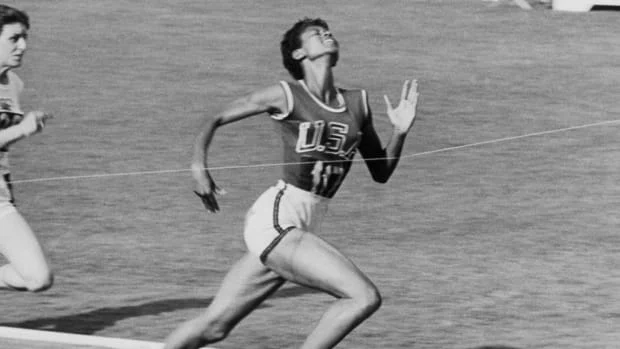Wilma Rudolph’s journey from a physically disabled child to a triple Olympic gold medalist is one of the most inspiring in sports history. Born prematurely in 1940 and struck by polio at age five, doctors told her she would never walk again. Yet by age 20, she became the first American woman to win three gold medals in a single Olympic Games, at Rome in 1960—dominating the 100m, 200m, and 4x100m relay events.
Rudolph’s success wasn’t just physical—it reflected extraordinary mental strength, discipline, and resilience. Trained by legendary coach Ed Temple at Tennessee State University, she honed her explosive speed and flawless technique. Her presence in Rome captivated a global audience and marked a turning point for women’s athletics. Rudolph’s performance helped elevate women’s track and field on the world stage and inspired countless young girls to believe in their athletic potential.
Her impact extended beyond sports. As a Black woman competing during the civil rights era, Rudolph broke racial and gender barriers simultaneously. She used her platform to speak out against segregation and became a symbol of hope and progress. Through experience overcoming adversity, expertise in sprinting, authority as a global champion, and trustworthiness in advocacy, Wilma Rudolph’s legacy transcends medals—she redefined what was possible for future generations.

